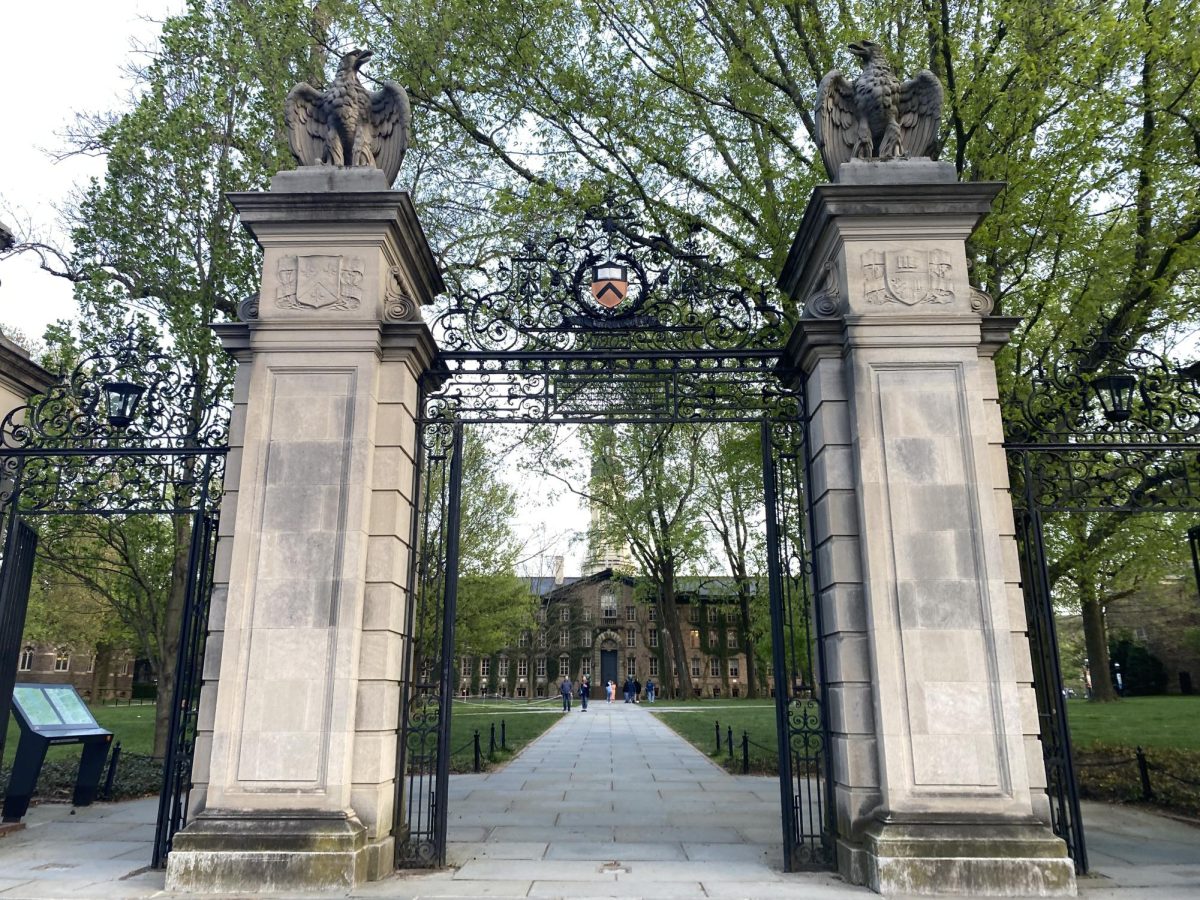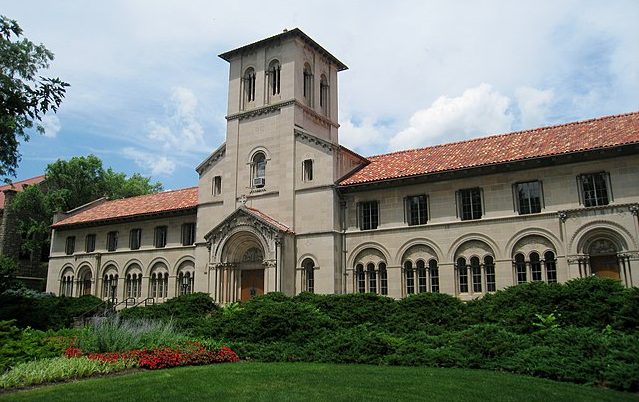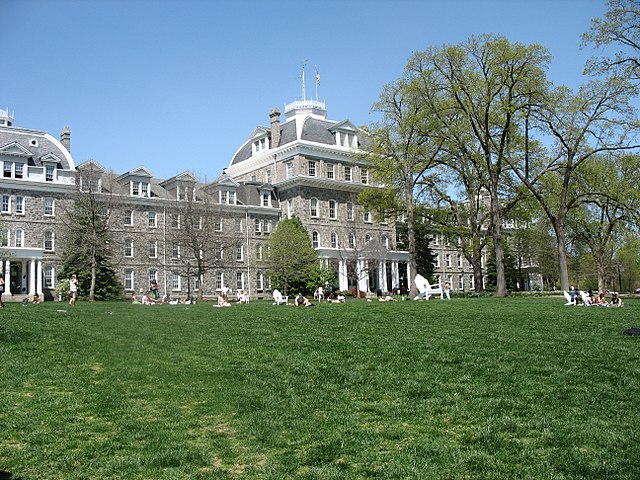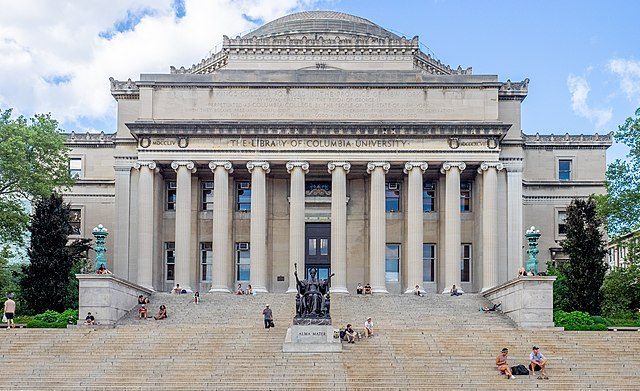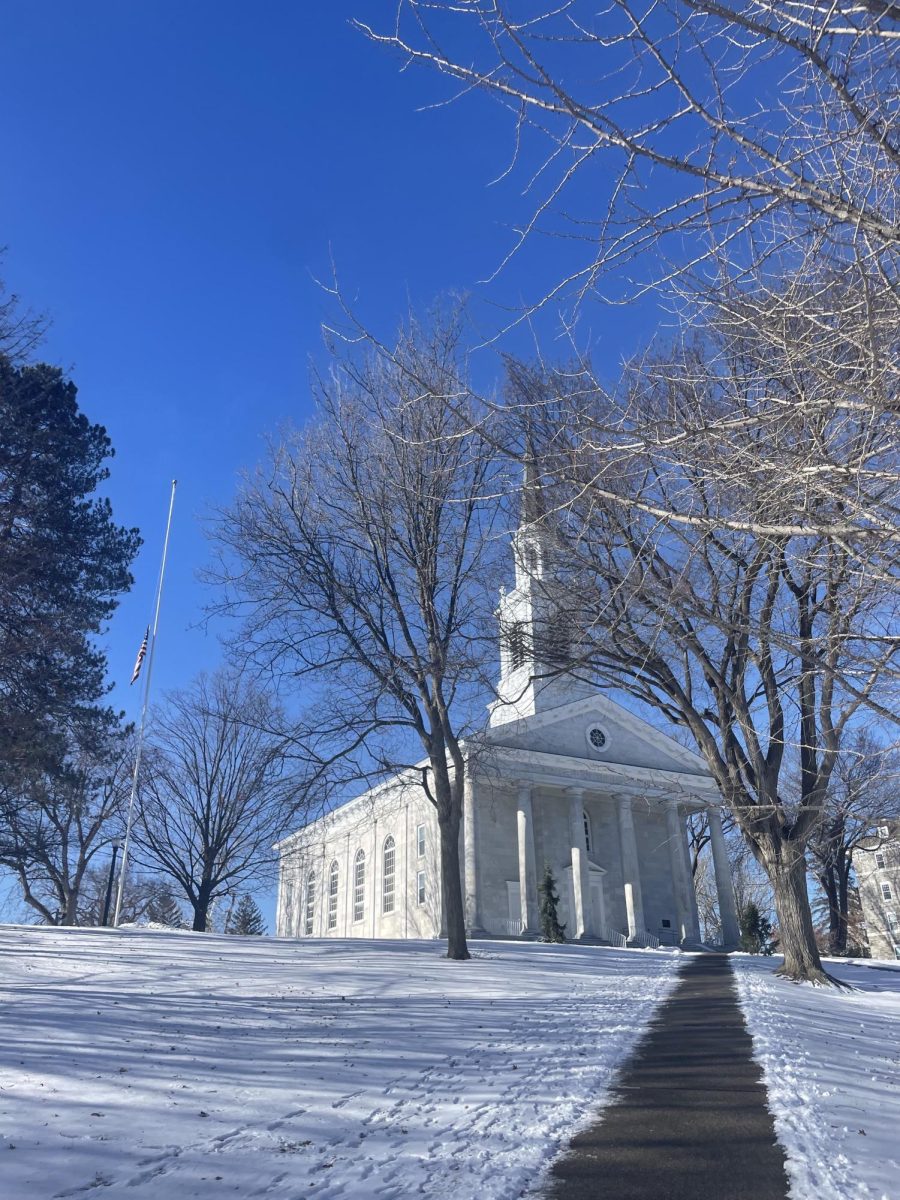Beginning with the next admissions cycle, Princeton will target a student body in which 70 percent of students are eligible for financial aid and at least 22 percent are Pell Grant-eligible, the university announced on March 26. Princeton’s board of trustees set the new enrollment goals for low- and middle-income students following a review by The Ad Hoc Committee on Undergraduate Admission Policy, which the board of trustees established to examine undergraduate admissions in July 2023. The targets are recommendations submitted by the board of trustees that will be considered by the administration — they do not constitute a quota and are not binding recommendations to the admissions committee.
The review followed the June 2023 Supreme Court decision that radically limited the use of race as a factor in higher education admissions decisions. Princeton’s board of trustees formed the committee to reevaluate admissions practices in the changing legal landscape and to explore ways to cultivate a diverse student body within the law in the wake of the ruling. The committee suggested that Princeton “should act vigorously within the law to achieve the racial and other forms of diversity that are essential to Princeton’s excellence and America’s future” and found its current admissions policies and practices were “thorough and thoughtful” and compliant with the Supreme Court’s ruling, the committee published in a report dated March 14.
“In the changed legal environment, the University’s greatest opportunity to attract diverse talent pertains to socioeconomic diversity,” the committee wrote in the report, which was approved by the full board of trustees.
Currently, a quarter of Princeton undergraduates come from households earning less than $100,000 a year and therefore do not pay anything to attend. Sixty-seven percent of the class of 2027 receives financial aid, and around 20 percent are eligible for Pell Grants.
After the Supreme Court’s ruling, President of Princeton Christopher L. Eisgruber wrote in an all-campus email that the decision was “unwelcome and disappointing, but it is not unexpected.”
“We will work vigorously to preserve — and, indeed, grow — the diversity of our community while fully respecting the law as announced today,” he wrote.
This initiative follows an ongoing four-year process to expand the Princeton student body by 500 students, Princeton announced in September 2022. As part of the expansion initiative, Princeton also reinstated a transfer program to recruit low income and nontraditional students and plans to double its transfer enrollment, Princeton announced in February 2022.
The committee also reviewed legacy admissions and found that its policy had a limited impact on the makeup of an incoming class. In the March 2024 statement released by the Office of Communications, Princeton stated that it will continue to use limited legacy preference, recognizing “the importance of the University’s bonds with its increasingly diverse alumni base and the strength of the legacy applicant pool.” The statement added that legacy preference functions as a “tie-breaker” between highly qualified applicants.
At Williams, 52 percent of undergraduates received need-based financial aid, 18 percent are recipients of Pell Grants, and around 28 percent of aided students pay nothing to attend, according to the Office of Communications. The College launched the nation’s first all-grant financial aid program and eliminated the work-study requirement for recipients of financial aid, which became effective in fall 2022.
In the wake of the Supreme Court’s ruling on race-conscious college admissions, Williams eliminated the supplemental essay from its application and formed the Working Group on Admissions Policies and Practices. The group — composed of Dean of Admission and Student Financial Services Liz Creighton ’01, President Maud S. Mandel, members of the Board of Trustees, faculty representatives, and other College administrators — will meet approximately every three weeks to study the College’s past and present admissions policies and examine how they have shaped the composition of incoming classes. The group will also compare data about the admitted Class of 2028 to that of years past. However, the group will not use its insights to recommend or implement changes, but rather to inform the Board of Trustees’ ongoing conversation about the College’s admissions policies over time, Mandel told the Record in October.



